HP restructures... again
Inside the enterprise: This time, HP will merge its PC and printing divisions. Has the world's largest technology company found the right strategy this time?
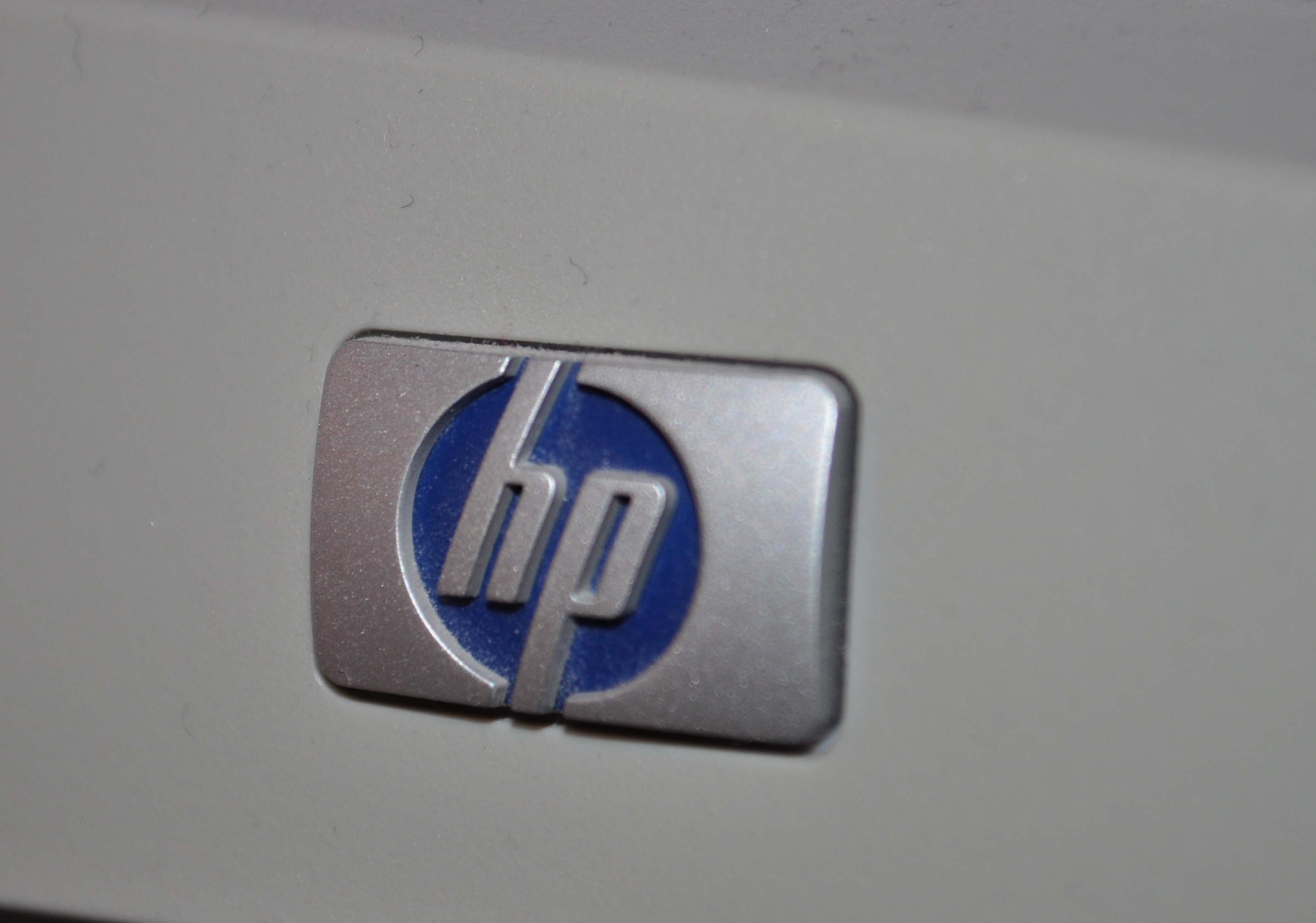
HP seems to be rather fond of reorganisations.
This week, it confirmed that it will merge its printing (IPG) and personal computer (PSG) divisions, in an attempt to improve margins and cut costs. Dave Donatelli, currently HP's executive in charge of storage and servers, will head the new Enterprise group.
Maybe it should give Tim Cook and Jonny Ive a call.
But we have been here before. Under Leo Apotheker, HP was poised to dispose of its PC-making operations altogether, in a move industry experts described as "doing an IBM", reducing reliance on hardware sales and focusing instead on software and services. And before that, Carly Fiorina put HP's PC under control of Viyomesh Joshi, the long-standing head of IPG, only for that decision to be reversed by Fiorina's successor, Mark Hurd. HP's PC division moves almost as often as HP changes its CEOs.
This time, though, HP boss Meg Whitman seems serious. Beyond the usual management speak the reorganisation will provide "the best in customer focused innovation and operational efficiency", Whitman says, HP's consumer and peripherals businesses face some real structural problems.
The printing division, once HP's cash cow, faces weaker growth. Analysts expect the global market for computer printers to grow at just one to two per cent a year, against perhaps a five per cent growth rate for PCs. Then there are the margins. HP's printing business enjoys some healthy margins 15.4 per cent at the last count whilst the PC division struggles to make margins of six per cent.
But more worrying for Whitman must be the trend: margins in the PC business have recovered, but the printer group margins have declined since 2009.
Sign up today and you will receive a free copy of our Future Focus 2025 report - the leading guidance on AI, cybersecurity and other IT challenges as per 700+ senior executives
Merging the two divisions will help bring some efficiencies, and could make it easier for HP to sell bundles of printers and PCs, especially in the consumer and SME markets. But it will do little to help its industrial-scale digital presses, sold to replace conventional printing presses, or its large-format printers, sold to the graphic arts, architecture and point-of-sale businesses. Although these products are niche, they deliver both strong margins, and good services revenues.
But in the mass market, HP struggles because it lacks one, single (and increasingly important) part of the information distribution chain: a tablet. The main reason printer, and printer consumable, sales are expected to decline over the next few years is that consumers and analysts are printing less information, especially in mature markets such as Europe and the US.
We are consuming more information on smartphones, connected TVs and especially, tablets. And HP, since it wound down its WebOS operations last year, lacks a mass-market tablet offering. Just how important that market is, is illustrated by Apple's sale of three million iPads in three days.
Merging the IPG and PC divisions at HP will not address the fact that more and more people are viewing business information on a tablet device, and those tablets are mostly made by HP's Silicon Valley neighbour Apple. Perhaps HP should focus instead on finding markets for some of its highly innovative patents and inventions, such as flexible displays. But for now, as Gartner analyst Mark Fabbi puts it, HP is still "less than the sum of its parts".
Maybe it should give Tim Cook and Jonny Ive a call.
Stephen Pritchard is a contributing editor at IT Pro.
-
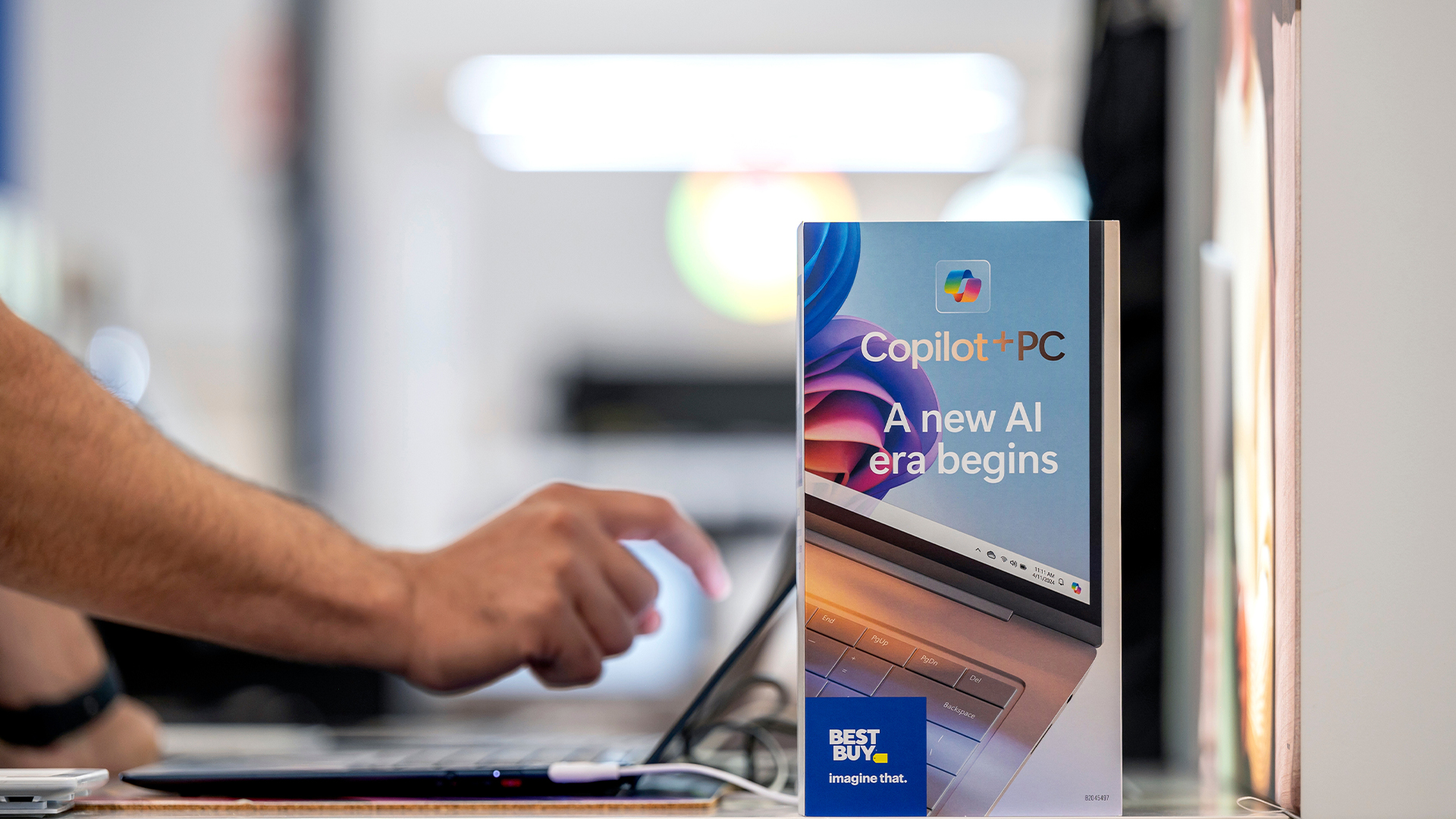 AI PCs will ‘become the norm’ by 2029 as enterprise and consumer demand surges
AI PCs will ‘become the norm’ by 2029 as enterprise and consumer demand surgesNews AI PCs are expected to make up a significant portion of the total PC market by the end of 2025 - and Gartner says they'll "become the norm" by 2029.
-
 Westcoast named as full-service distributor for Kyocera’s A4 print solutions
Westcoast named as full-service distributor for Kyocera’s A4 print solutionsNews The new agreement will see Westcoast act as a “one-stop shop” for Kyocera’s ECOSYS A4 devices, consumables, and support
-
 Neglecting printer security is leaving you wide open to cyber attacks
Neglecting printer security is leaving you wide open to cyber attacksNews Enterprises are ignoring printer security risks and failing to update, according to HP Wolf Security, leaving them vulnerable to cyber attacks.
-
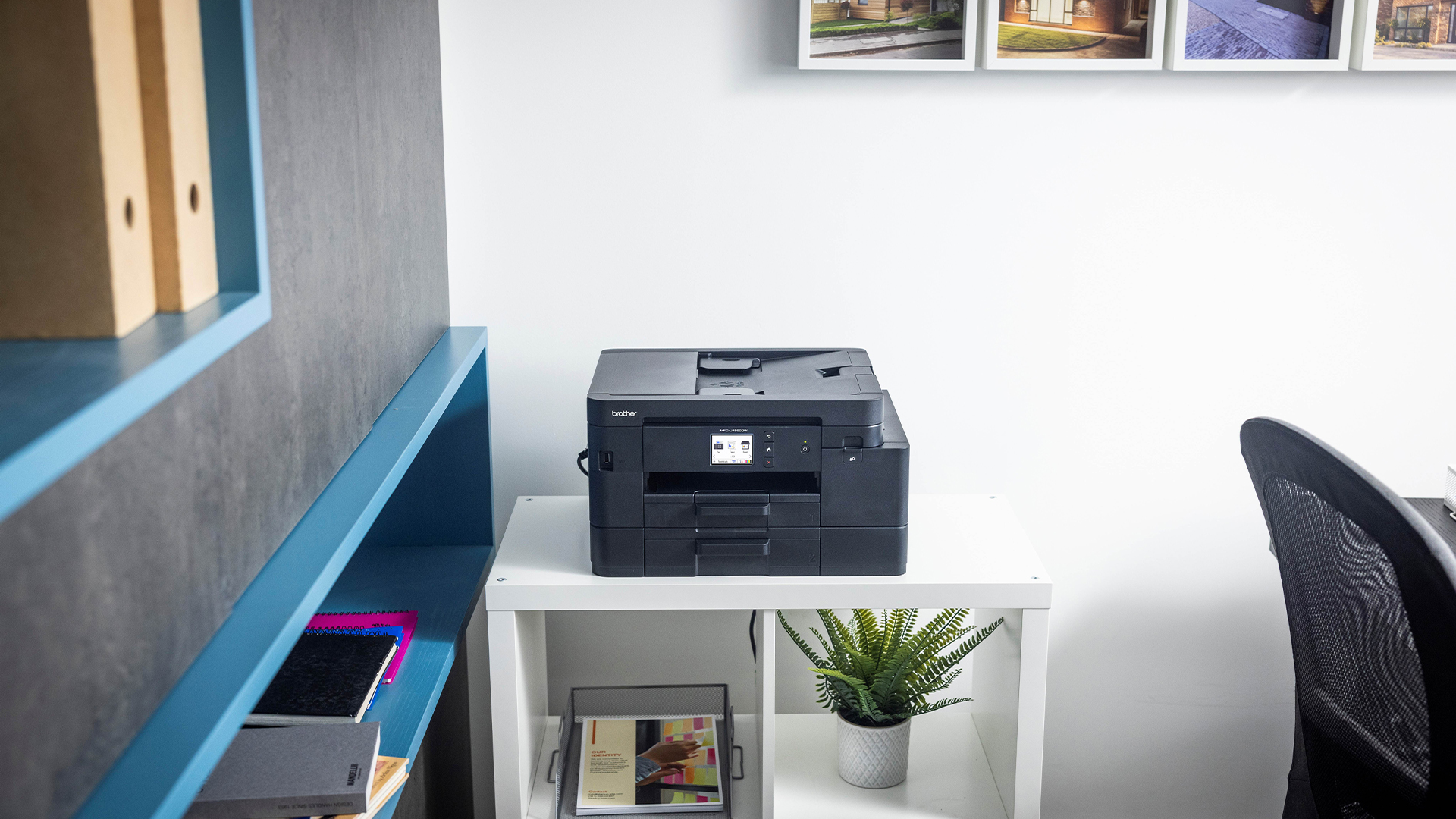 Brother UK revamps inkjet lineup to drive partner opportunities
Brother UK revamps inkjet lineup to drive partner opportunitiesNews The vendor has replaced its A4 Mini Business and A4 Mini Regular printers to help channel partners meet increasing market demand.
-
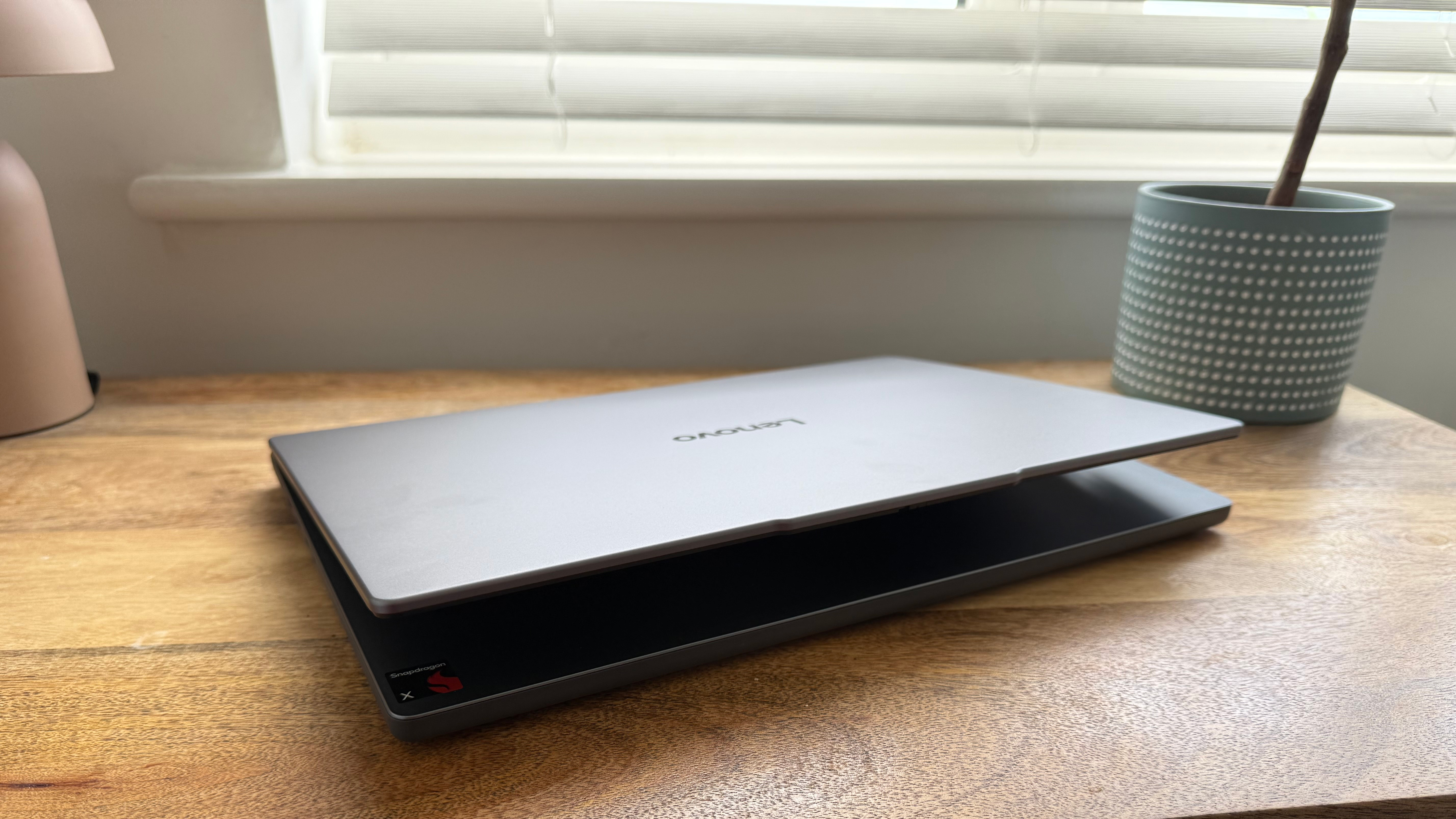 The Lenovo IdeaPad Slim 3x is a well-rounded budget laptop that punches above its weight
The Lenovo IdeaPad Slim 3x is a well-rounded budget laptop that punches above its weightReviews The Qualcomm Snapdragon X-powered laptop packs a punch for the price
-
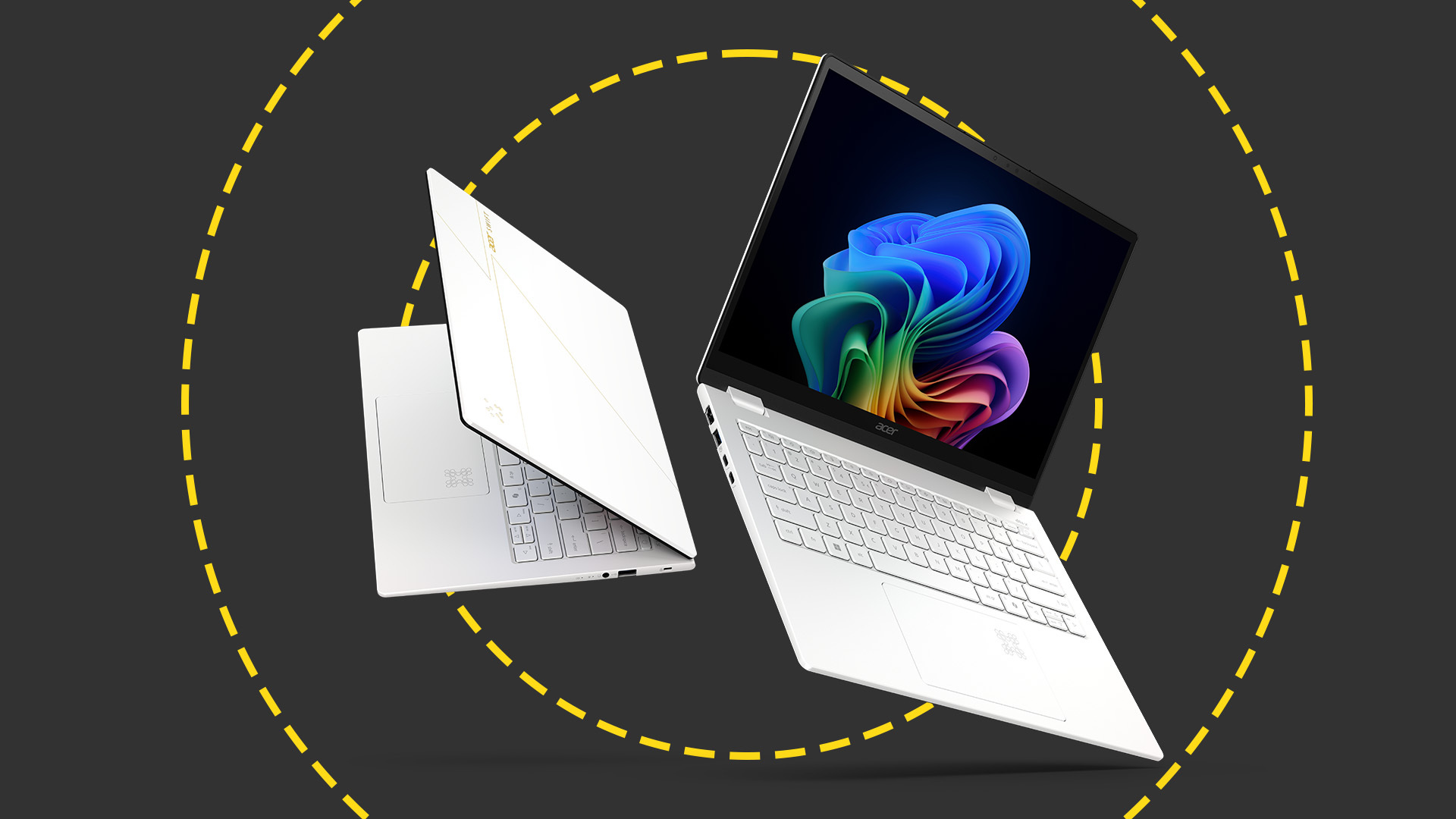 Acer's new Swift Edge 14 AI is a Copilot+ MacBook Air killer
Acer's new Swift Edge 14 AI is a Copilot+ MacBook Air killerNews Acer's new Swift Edge 14 AI is an ultra-lightweight, compact productivity powerhouse.
-
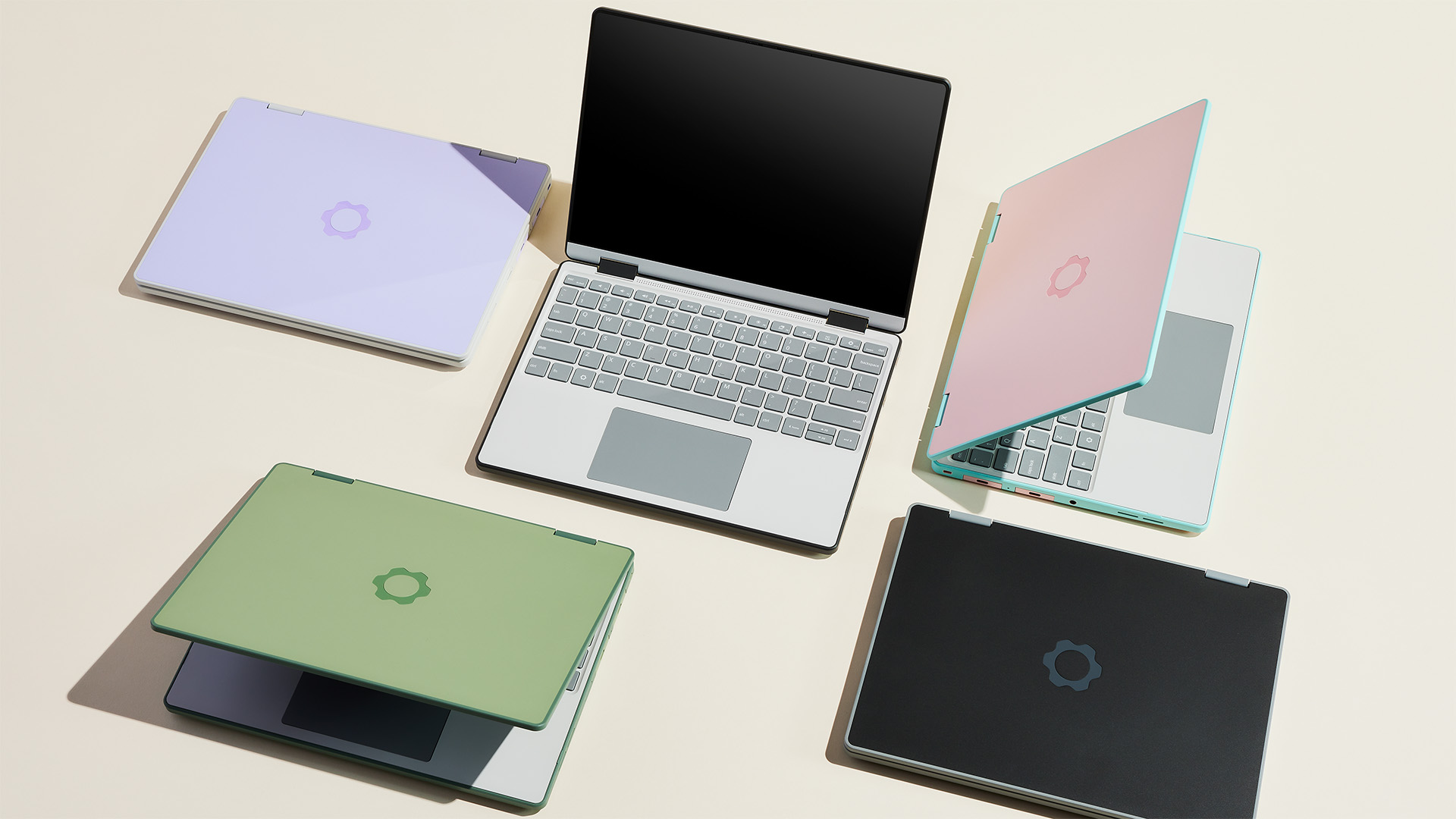 ‘We would have to sell the lowest-end SKUs at a loss’: Framework says it’s ‘temporarily pausing’ some US laptop sales amid tariff disruption
‘We would have to sell the lowest-end SKUs at a loss’: Framework says it’s ‘temporarily pausing’ some US laptop sales amid tariff disruptionNews Modular laptop designer Framework says it is “temporarily pausing US sales” in response to the disruption caused by US tariffs on Taiwanese imports.
-
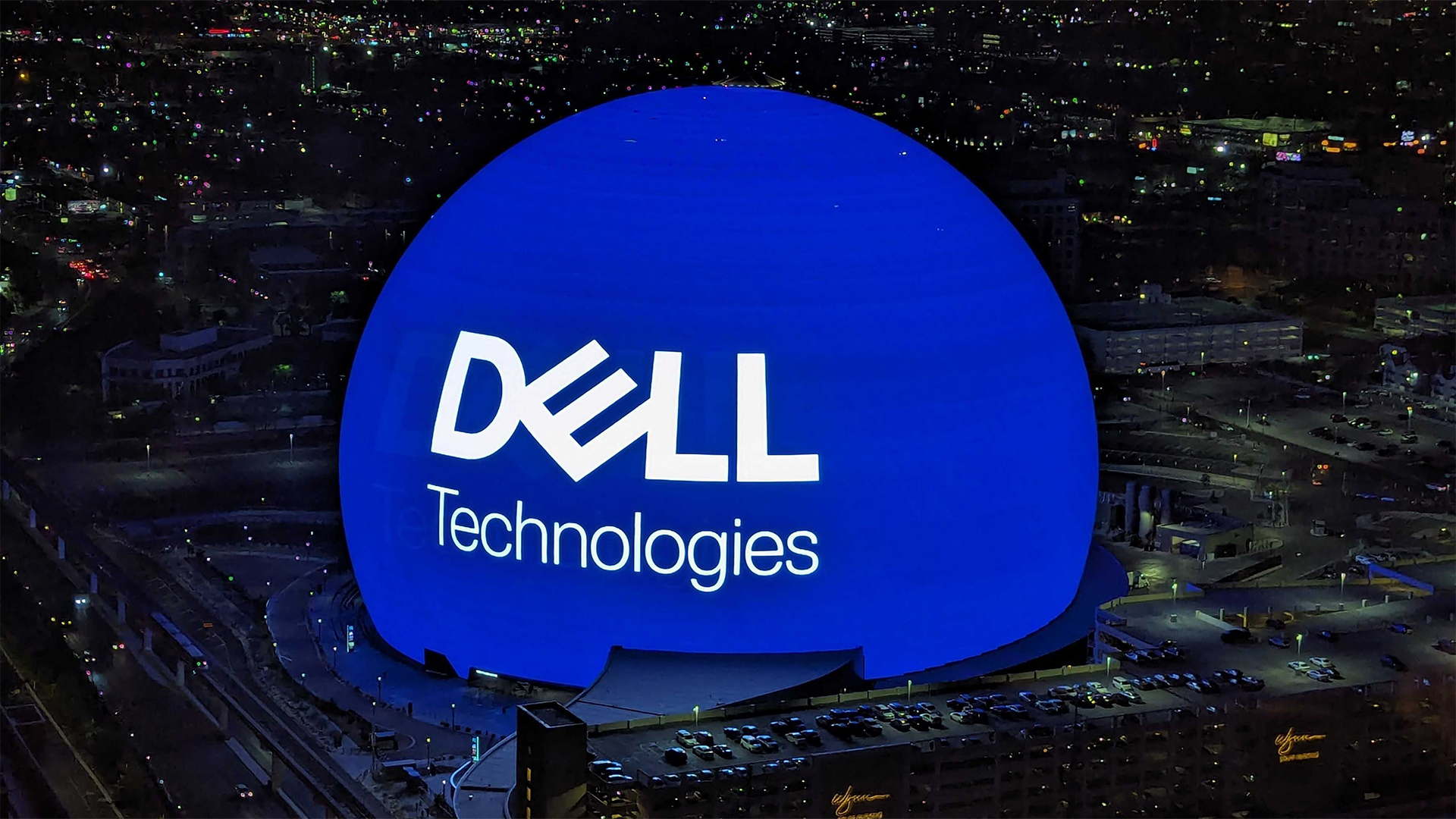 Driving employee experience and productivity across industries
Driving employee experience and productivity across industrieswhitepaper Monitors are an imperative in the hybrid era

